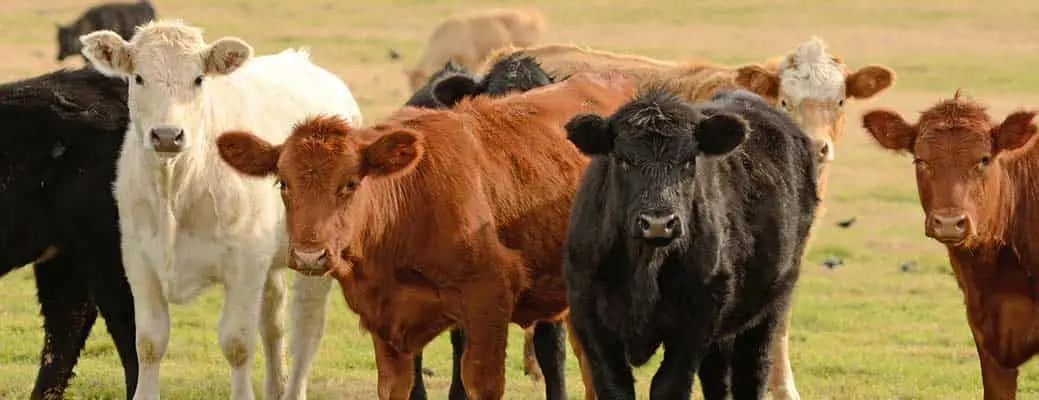9 Ways to Protect Your Livestock from Farm Diseases


Farm animals are susceptible to a range of health threats, and common livestock diseases can decimate your herds and jeopardize your farm’s financial health. It’s almost always easier and safer to prevent livestock diseases than to treat them. Your animals could be susceptible to diseases caused by bacteria, viruses, parasites or fungi. Here are practical tips farmers and ranchers can implement to protect farm animals from common diseases.
When your livestock are in a clean, dry and well-ventilated area, you reduce the odds of dangerous viruses and bacteria getting a foothold and bringing livestock diseases to your farm. You know your animals best, but most can tolerate cold temperatures with proper wool or hair coats. Adequate ventilation is often more important than temperature control.
When animals are overcrowded, the risk of infection and injury increases. Help keep your herd safe by ensuring that your livestock have the appropriate space.
The right diet can contribute to farm disease control by keeping your livestock healthy, so they are better able to fight off any infections. To start, choose a reliable feed supplier. If you’re looking for guidance on the nutrient requirements for various animals, check out the resources published by the National Academies, which includes advice for dairy and beef cattle, swine, fish and shrimp, and other animals.
It’s important to empty, clean and refill food and water troughs often. These areas can breed germs that lead to farm diseases if they aren’t cleaned regularly.
Things like trucks and trailers, shoes, clothing and feed bags can all carry germs that can infect your livestock. Anytime these items are in contact with another farm or other animals, make sure you don’t bring those germs onto your farm.
As with people, vaccinations can help reduce the odds that your livestock will develop a serious disease. Be sure vaccines are stored correctly, and injections are performed properly. Make sure to administer your vaccines before their expiration date. If you require support from a veterinarian, follow these tips on what to look for when finding a new vet.
Based on the type of livestock you raise, your veterinarian can recommend a testing schedule for diseases that are likely to develop.
Of course, your animals will be in contact with each other. If you bring in outside livestock or exhibit your animals at shows, you’ll need to keep them separated from the rest of your herd in case they bring in any farm diseases.
You know when something looks or feels off. If an animal doesn’t seem quite right, even if you can’t identify the problem, separate them from the herd so you can evaluate and treat them if necessary. Early diagnosis can make diseases easier to treat and minimize the odds that they spread.
Protecting your herd from disease is just one part of the overall financial picture for your farm or ranch and your family. Talk to a Farm Bureau agent near you to help plan for your farm’s future.